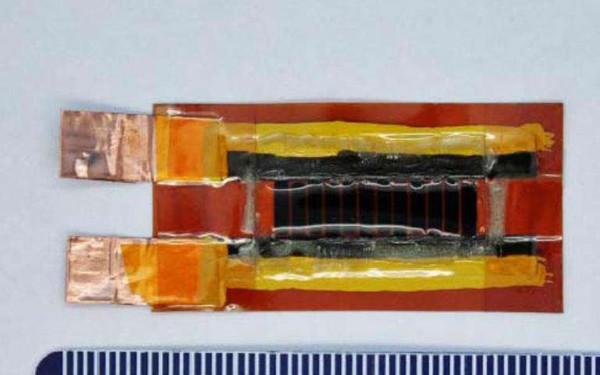New Battery Technologies

We’re on the verge of a power revolution. Next year is starting to shape up as the year batteries change. Big technology companies, and now car companies that are making electric vehicles, are all too aware of the limitations of current lithium-ion batteries. We’ve seen a plethora of battery discoveries coming out of universities all over the world. Tech companies and car manufacturers are pumping money into battery development. And. . . CONTINUE





